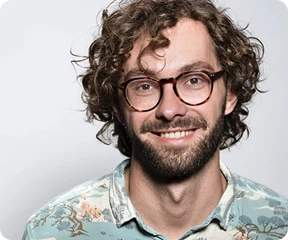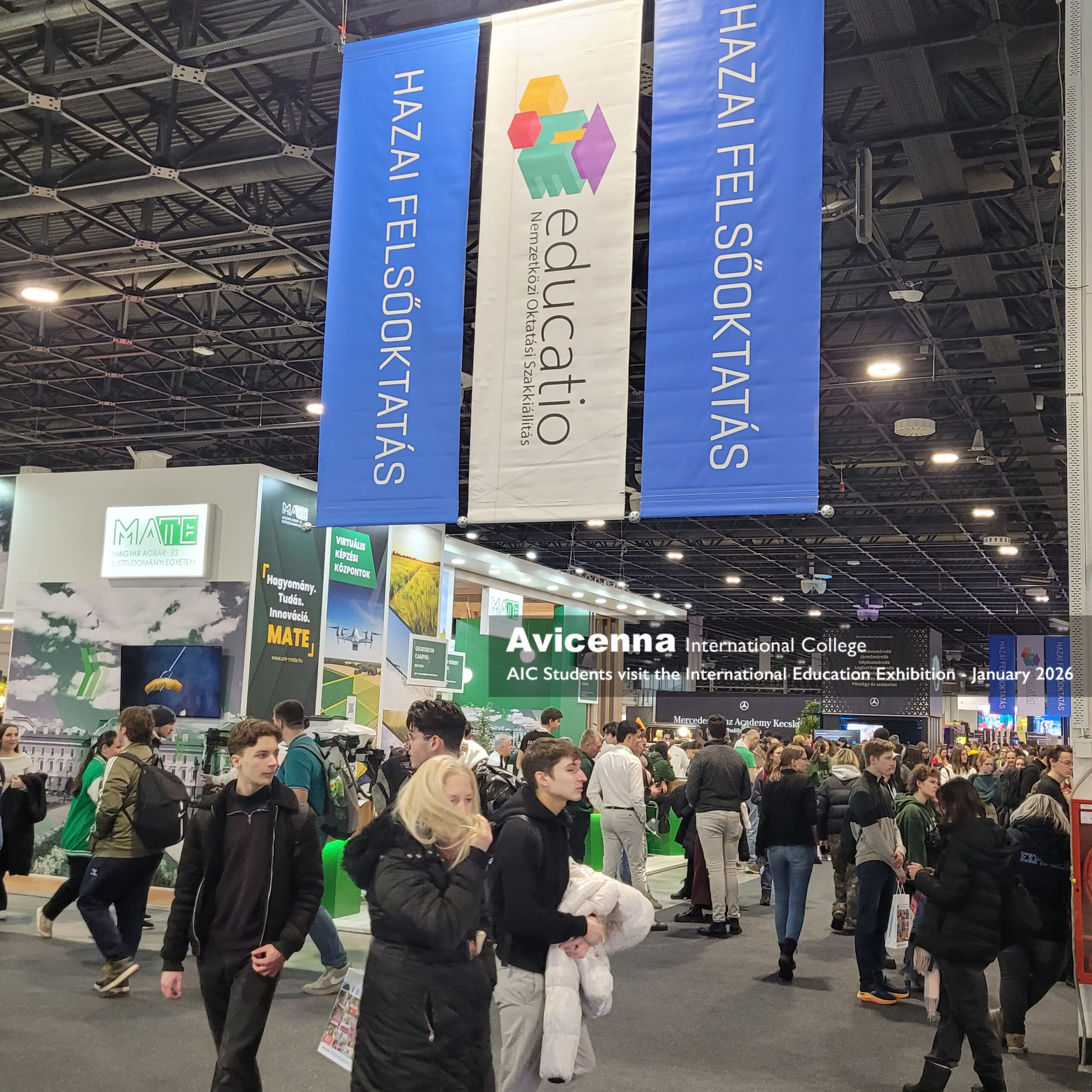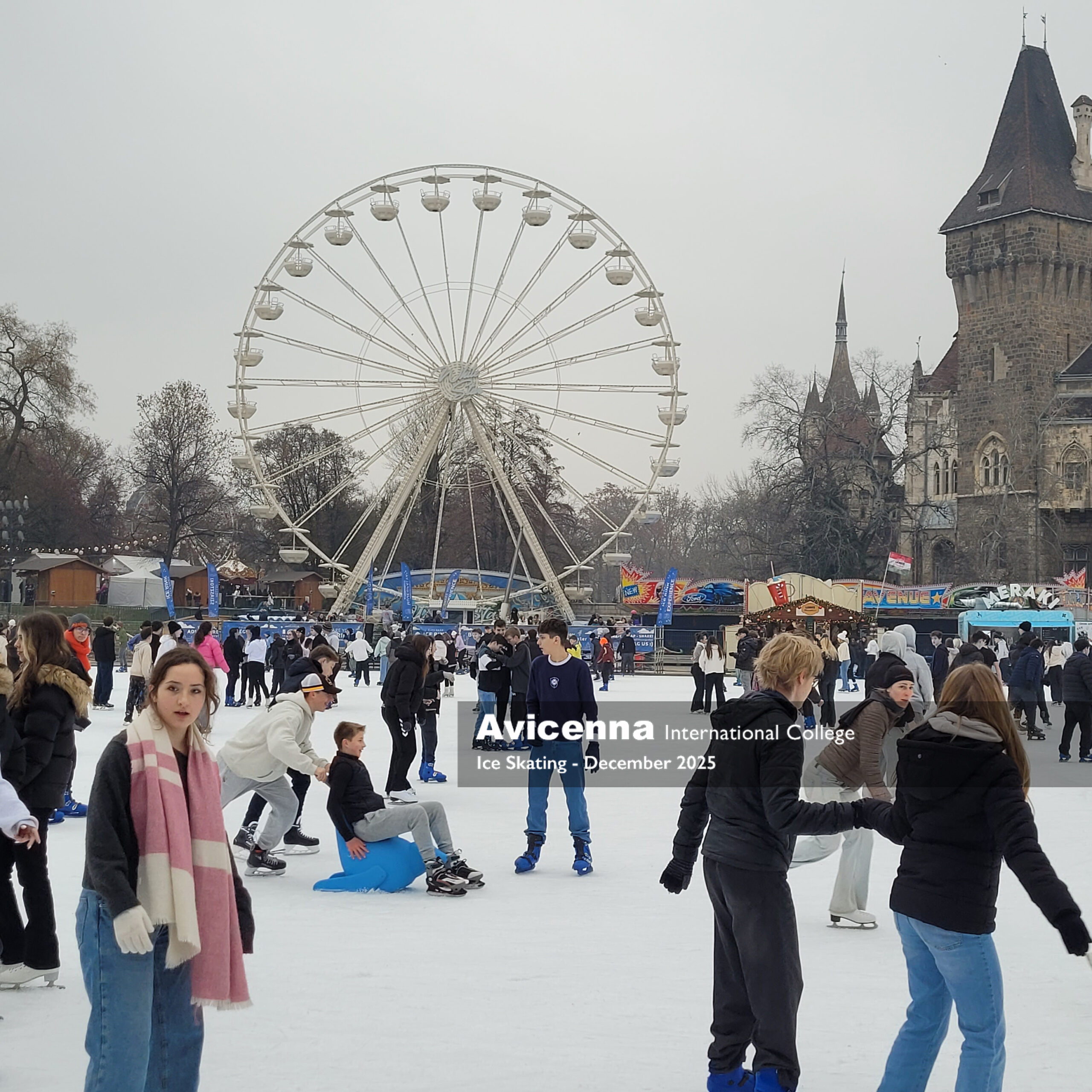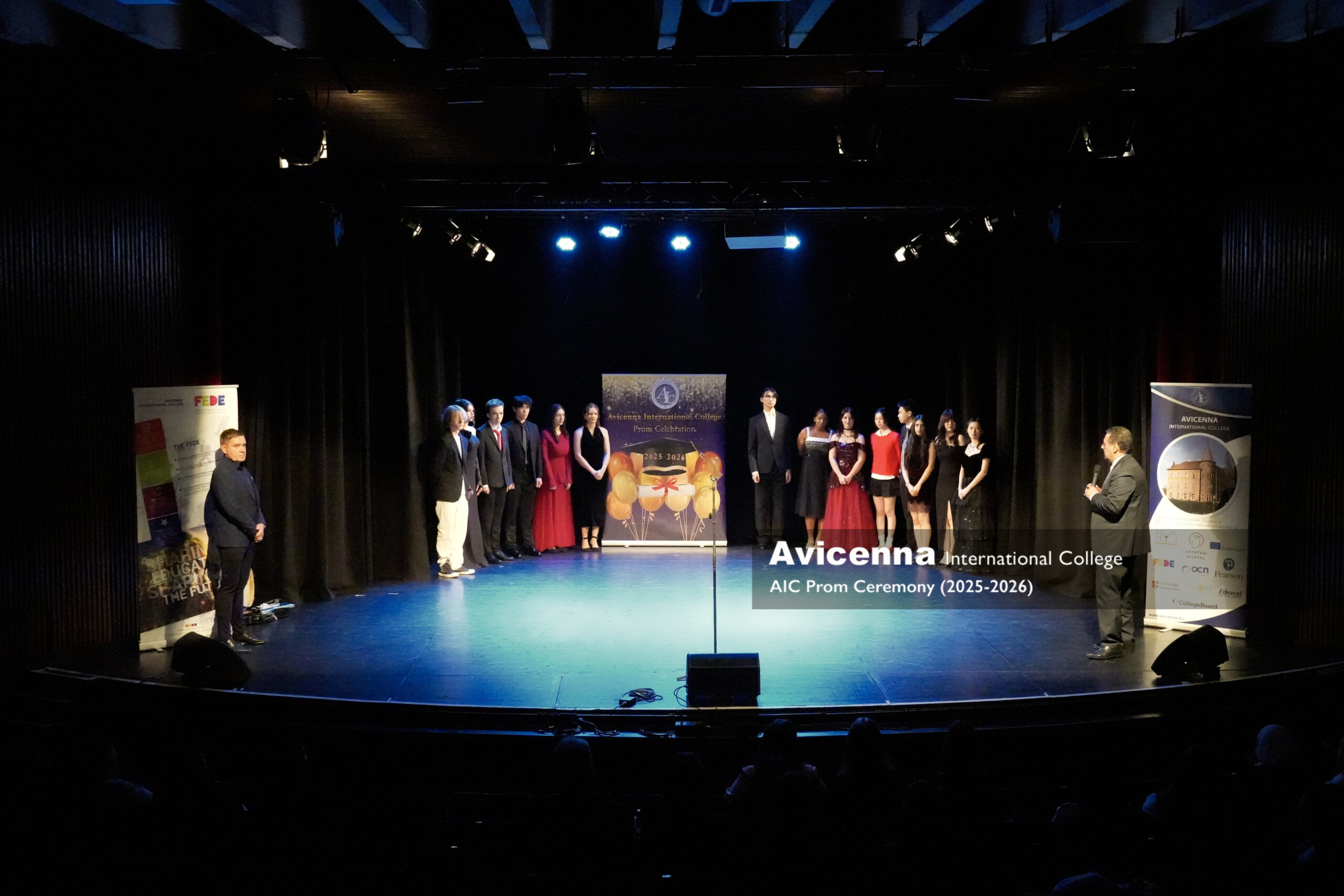”Supporting diversity with intercultural education in the classroom”
Oct. 28. – Nov. 2. 2024
Written by: Erika Sólyom
Between October 28 – November 2, 2024, I participated in an Erasmus Training in Rome, Italy, organized by Europass Teacher Academy. The title of the course was ”Supporting diversity with intercultural education in the classroom”, taught by Olga Plyaskina. The course was both greatly organized and conducted. During the training, we covered a wide variety of topics such as learning about tools that help us fight prejudice and discrimination, ways of encouraging diversity and inclusion in the classroom, legal instruments to protect children from discrimination, the importance of storytelling and competencies for intercultural learning during our everyday work as well as learning new approaches to culturally diverse classrooms. Our classes started at 9:30 am in the morning and ended at 2pm every day.
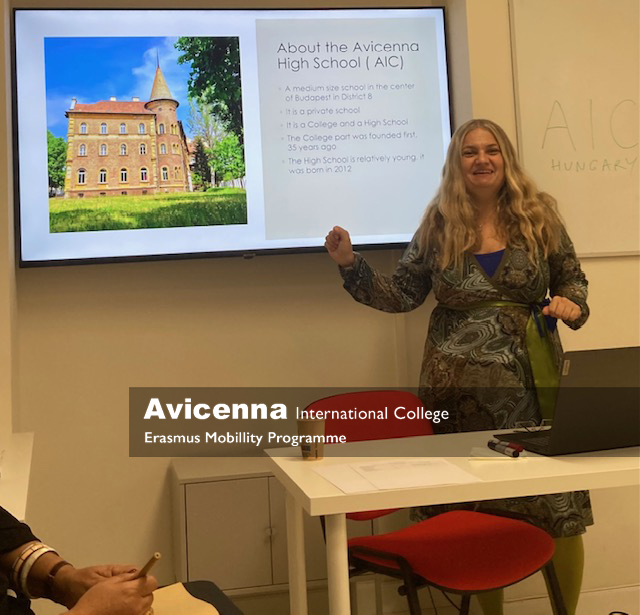 The training took place at the Europass Rome center, located in the heart of the city. Our group consisted of 9 people. Three of us came from Hungary, two people were from Croatia, two teachers came from Portugal and we also had a colleague from Romania and another colleague from Greece. Our instructor, Olga, was originally from Siberia originally but she lived many years in the US and in Germany and moved to Rome 20 years ago for family reasons. By profession, she was a linguist as well as a certified cultural intelligence teacher. Our group was very diverse as well as multilingual. Even though we were all educators, we had a mixed background, including primary school teachers, school principals, secondary school teachers, or special education teachers.
The training took place at the Europass Rome center, located in the heart of the city. Our group consisted of 9 people. Three of us came from Hungary, two people were from Croatia, two teachers came from Portugal and we also had a colleague from Romania and another colleague from Greece. Our instructor, Olga, was originally from Siberia originally but she lived many years in the US and in Germany and moved to Rome 20 years ago for family reasons. By profession, she was a linguist as well as a certified cultural intelligence teacher. Our group was very diverse as well as multilingual. Even though we were all educators, we had a mixed background, including primary school teachers, school principals, secondary school teachers, or special education teachers.
Our first day (October 28th) started with a general introduction through interactive games and various tasks. We had to introduce our schools, using a PPT presentation. My school presentation about AIC also included a segment about our EcoSchool activities. We had long discussions about soft skills (e.g. communication, creativity, collaboration, etc.), a very important concept for teachers in the 21st century. As the world changes fast, subject- related hard skills are becoming more and more obsolete. Even though soft skills may seem vague and fluid, nowadays they are measurable via psychometrics. We all agreed that soft skills cannot be taught by repetition, they cannot be imposed but it is possible (and important) to develop them in the educational environment. In the afternoon, we had in-depth discussions about culture and identity, using the Cultural Iceberg and Hofstede’s Cultural Onion metaphors.
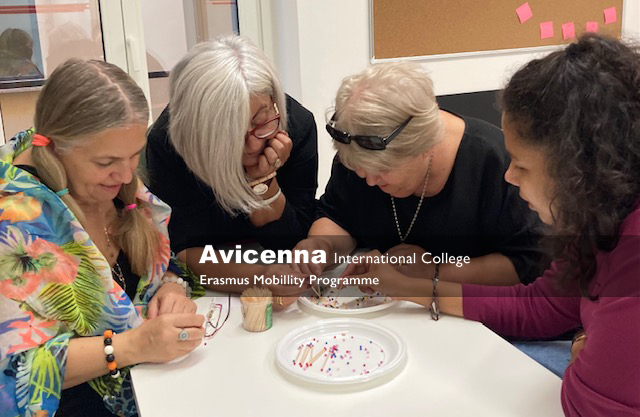
On the second day (on October 29th), we continued introducing our own schools. It was great to learn about new things and methods used for everyday work and motivations such as the ”Oscar of Knowledge” in Croatia or the ”Peaceful School Program” in one of the Hungarian schools. With Olga’s introduction of the ”lenseless camera”, we had a very eye- opening discussion about stereotypes, perception filters. During the day, the instructor used various methods, including presentations, group work as well as video screenings. I particularly liked the TEDx talk of Pellegrinio Riccardi on ”Cross Cultural Communication”.
We had a great group dynamics from the very start. We had open discussions and we learnt a lot from each other. This came very useful when we discussed the definition(s) of culture, values and behaviors and stereotypes. We all knew about IQ and EQ but the concept of CQ (cultural intelligence) was quite new for all of us. We had an interactive exercise about different types of cultures (e.g. Peach Cultures vs Coconut Cultures), where we shared our own experiences about our own countries and the places we visited. We did not only talk about culture on a macro level but had very interesting exchanges about classroom culture. We also received an individual exercise about classroom culture and we shared our own perspectives about Values, Rituals, Heroes, Symbols and Practices in our own classrooms.
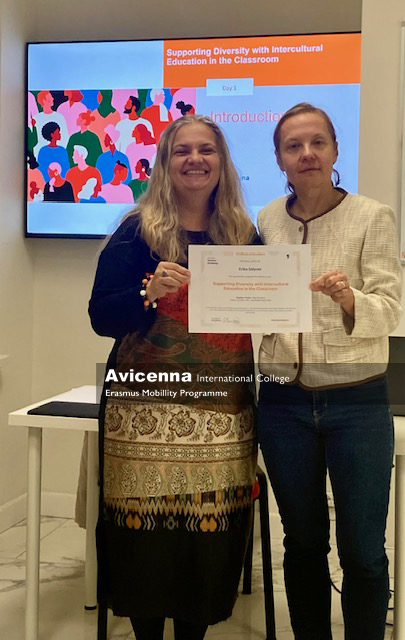
On the third day (on October 30th), we concentrated on the topic of discrimination as well as discussed in details the concepts of stereotypes, bias, culture shock, ethnocentricism, ethnorelativism and empathy. We also talked about preventive measures and actions. A thought-provoking reading exercise followed and we held a small group discussion about an article by Nele De Gersem on ”Stereotypes in Management.” In the afternoon, we watched a number of videos on various topics such as soft skills, empathy (by Brené Brown), intercultural communication (by Federico Faggin), emotions (by Lisa Feldman Barrett) – just to name a few. In the breaks during the days, we were always together, continuing our classroom discussions over coffee and tea as well as conducting networking. Sometimes we had a meal together after the classes.
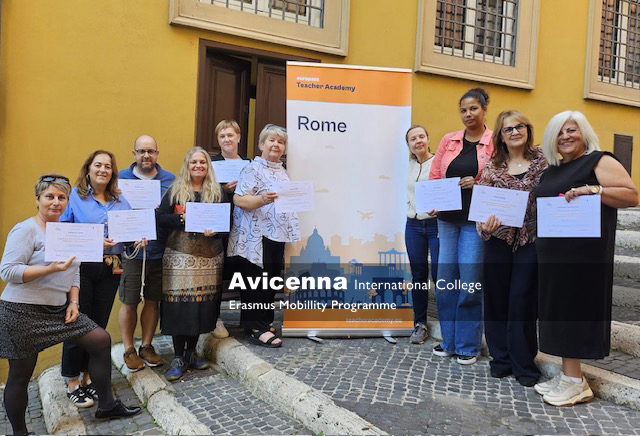
On the fourth day (on October 31st), the central topic was storytelling, more
specifically, the art of storytelling. We had a very interesting group exercise based on story telling that revealed a lot about our personal background and helped the group cohesion to a great extent. In the afternoon, we had practical exercises (e.g. the bead game), which we all enjoyed tremendously. We had a lot of fun, a lot of laughter while participating in the games. At the same time, we learnt a lot about adaptation skills and cultural intelligence. One of the things I really appreciated during the training were the resources we received every day (e.g. the best global and cross-cultural apps and websites).
The fifth day (November 1st) was our last day in the classroom when we concentrated on the topic of the inclusive classroom. We shared our views about concepts such as prejudice, stereotypes and empathy development. We learnt about the Karpman’s Triangle, which was an interesting concept for all of us and it prompted further ideas. We finished the day with a group work on inclusion policies and spent time on our feedback about the course. We received the course certificates at the end of the day and took lots of happy group photos, which reflected and summarized the atmosphere of the entire training.
The last day (November 2nd) was dedicated to culture. We had a choice of
participating in a guided tour in Trastevere or receiving a RomaPass. I opted for the latter one and took the opportunity to visit popular sites in the city such as the Colosseum, the Roman Forum, the Baths of Caracalla and the Pantheon. The massive building of the Pantheon with the huge opening on the top was a great symbol of everything we learnt during the week: no matter who you are, where you come from, what language you speak: Stay open at all times!
Written by: Erika Sólyom
04. Nov. 2024

